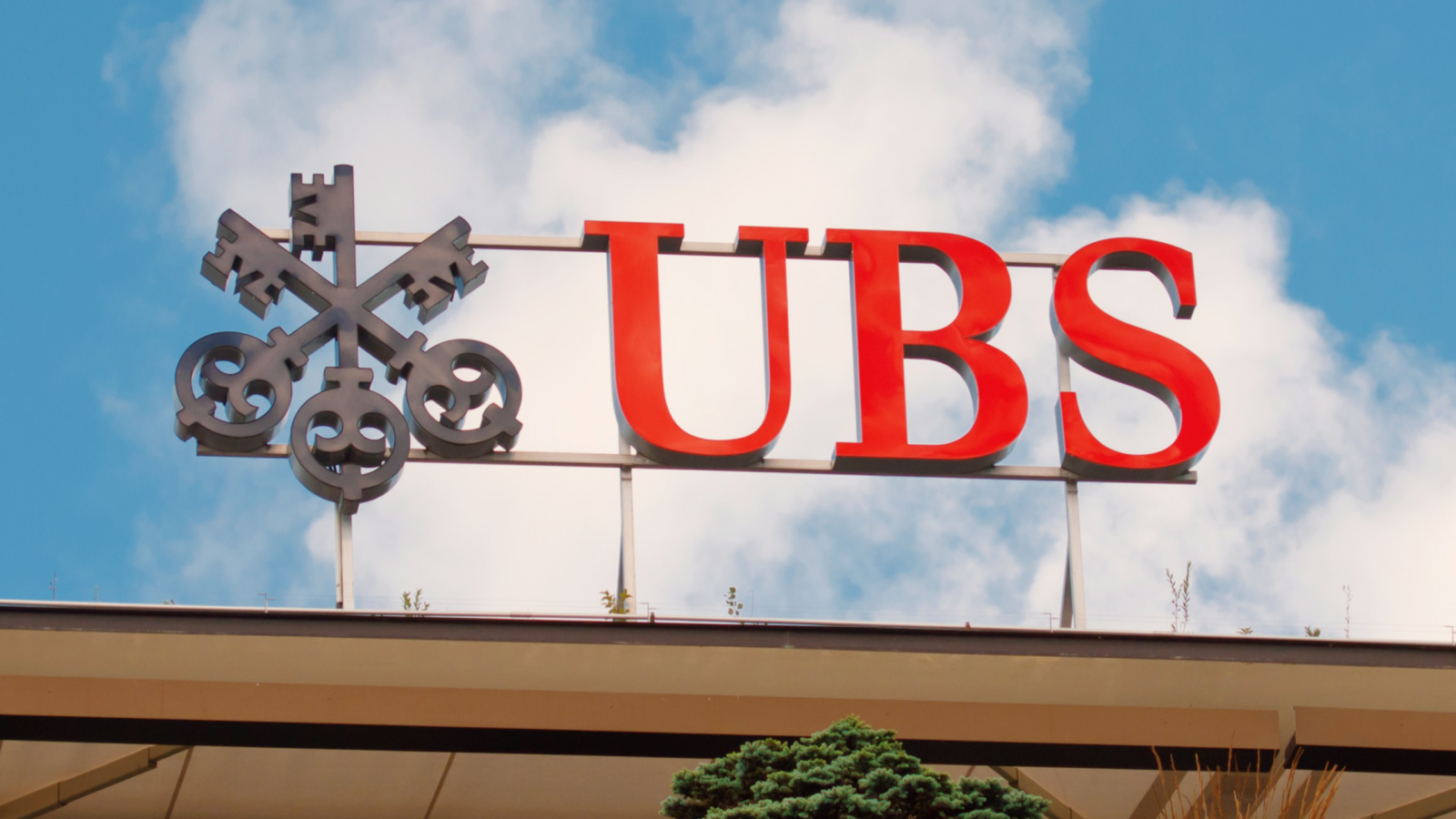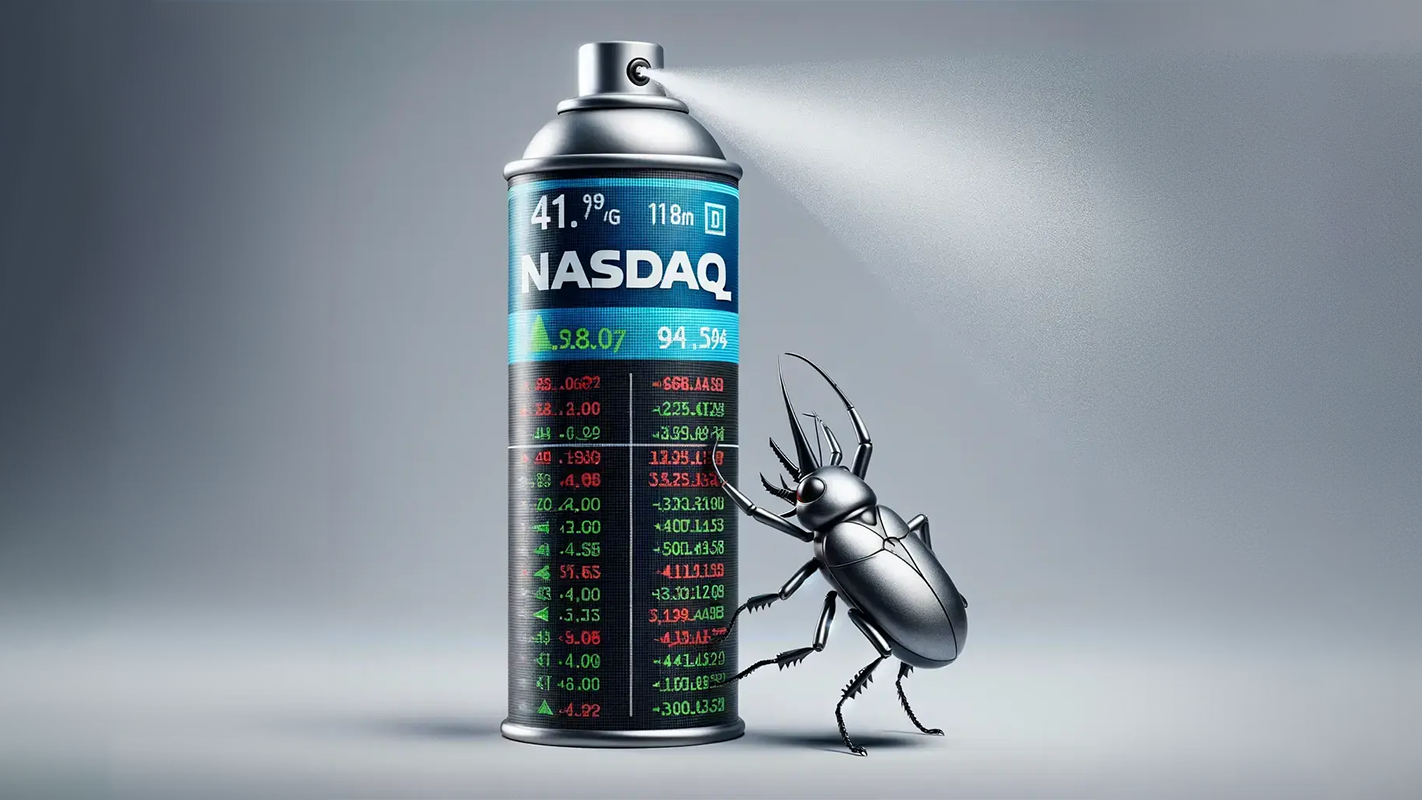Good morning.
In a surprise twist, actors’ union SAG-AFTRA is lending its voice to artificial intelligence. The guild has agreed to let members join the online talent marketplace Narrativ and sell advertisers the rights to replicate their voices with its tech. Actors can earn income from the tech and control how and when their voice replicas are used.
One of the biggest fears among workers, especially in creative fields, is that AI will replace them, but this latest deal suggests a truce is possible in the media game of thrones featuring Hollywood, Silicon Valley, and Madison Avenue.
UBS Quarterly Profit Doubles Market Forecast

After more than a year of gastrointestinal episodes following its takeover of rival Credit Suisse, Swiss banking giant UBS appears to have regained its form.
The Zurich-based bank reported $1.1 billion in net income for the second quarter on Wednesday, doubling analyst estimates.
A Scandal-Plagued Bargain
UBS bought Credit Suisse on the cheap for $3.2 billion in a Swiss government-arranged marriage in June 2023, creating a global banking juggernaut with $1.7 trillion in assets. In the leadup to its collapse, Credit Suisse saw volatile results, executive turnover, investor withdrawals, and too many scandals to list in a single newsletter. Allegations of forex manipulation, drug money laundering, tax avoidance, asking investors to destroy documents on their business with Russian oligarchs — Credit Suisse (allegedly) did it all.
While the initial takeover led to a $27 billion net profit for the second quarter last year, that was an accounting gain reflecting the bargain-bin price UBS paid for Credit Suisse. The following two quarters, marked by $785 million and $279 million losses, laid bare the growing pains. Tens of thousands have been or will be laid off in ongoing restructuring, but Wednesday’s results offered evidence that the integration is smoothing out faster than expected:
- UBS’ investment bank unit posted a $477 million profit before tax, beating expectations on the strength of higher global revenues. Meanwhile, the all-important wealth management business saw $27 billion in net new assets during the quarter — its $871 million pre-tax profit was below expectations due to higher compensation costs for financial advisors, but was nevertheless solid.
- UBS expects to achieve $7 billion in gross cost savings by the end the year, more than half of its $13 billion savings target for late 2026. The bank has also reduced by 42% the Credit Suisse assets marked for wind-down last year, including $8 billion in the second quarter.
In the Crosshairs: “The biggest risk we now see is that UBS fails to improve profitability over the longer term,” S&P Global Ratings analyst Anna Lozmann told The Banker. One mitigating factor could be government plans to overhaul bank capital rules, which could require UBS to secure much more capital to back its foreign subsidiaries. Early estimates say it could set the bank back an extra $15 billion to $25 billion.
Natural Is Heading to the Nasdaq

Natural solutions are already better for the environment. Med-X is taking it a step further: their natural pesticides outperform chemical alternatives. Better yet, they’re taking private investors as they plan their Nasdaq listing (ticker: MXRX).
Here are a few reasons to invest in Med-X:
- Proven Demand: Their flagship product, Nature-Cide, has led to 200% revenue growth in 5 years.
- Fast-Growing Market: The biopesticide market is expected to grow 3X by 2030.
- Global Expansion: Thanks to retail partnerships with names like Target, Walmart, Kroeger, and Amazon, they’re on track to reach 41 new international markets.
Med-X is planning to list on the Nasdaq (ticker MXRX). But you don’t have to wait to invest.
Become an early Med-X shareholder ahead of their planned Nasdaq listing.*
Mortgage Refinancings Surge as Rates Drop, Inflation Cools
In the immortal words of realtors, “date the rate, marry the home.” Right now, homeowners are sowing their wild oats.
As mortgage rates drop in anticipation of an all-but-certain cut to federal interest rates next month, current homeowners are using the opportunity to refinance their mortgages at the fastest pace since 2022. And they may just be getting started.
Home Improvement
Rejoice, anxious millennial prospective home-buyers. The contract rate on a 30-year fixed mortgage eased 1 basis point to 6.54%, according to data from the Mortgage Bankers Association released Wednesday. Meanwhile, the rate on a 15-year fixed mortgage fell by 7 basis points to 5.96%, per MBA data, the lowest point since May 2023. Sure, it’s not what some lucky peers scored during the ultra-low interest rates of the early pandemic years, but it’s not nothing, either.
For some current homeowners, it’s certainly enough to refinance. The MBA’s mortgage refinance index spiked just above 34% last week, bringing it to its highest point in just over two years. But even then, a surge by 2024 standards is nothing compared to the pandemic-era frenzy — and may be nothing compared to what’s to come in the next year:
- The mortgage refinance index rose to 889.3 points, but that’s still nothing compared to the early pandemic years, when interest rates plummeted to near zero and the index reached as high as 6,400 points; between late 2019 and early 2022, the index hovered above 2,500 points. It hasn’t been as low as it is now since the turn of the century.
- Meanwhile, the US Labor Department’s latest consumer-price index report, also released Wednesday, showed inflation in July came in at 2.9%, its first time below 3% since 2021 — all but guaranteeing a rate cut by the Federal Reserve in September, which should push mortgage rates down even further.
“A significant amount of homeowners still have mortgages with rates in the [5% range], so once we see rates dip 1% or more below that, we will definitely see a flood of refinances,” Sarah Alvarez, vice president of mortgage banking at William Raveis Mortgage, told The Daily Upside.
Good News, Bad News: On the flip side, homes aren’t getting cheaper. According to data released Tuesday by the National Realtors Association, home prices increased nearly 5% year-over-year in the second quarter. Sorry, millennials: Even when you win, you still lose.
GoDaddy Is Flooring It to the Top of the S&P
Website-builder and domain host GoDaddy used to be known mostly for its risqué Super Bowl ads, but now it’s got a new identity: stock market rockstar.
First added to the S&P 500 in June, GoDaddy now sits just outside the top 10 performing companies in terms of year-to-date returns, outpacing every business in the Magnificent Seven except for Nvidia. So far this year, GoDaddy’s stock has increased more than 55%, and currently trades at around $160 per share. So how did it get there?
Vroom, Vroom
GoDaddy has consistently grown its revenue since going public in 2015, but much of its current success can be attributed to — what else? — artificial intelligence:
- In February, the business launched GoDaddy Airo, a set of AI-powered tools to help small businesses automate the process of finding domains, building websites, and creating social media posts. And it’s paying off quite well.
- In the second quarter, GoDaddy reported a profit of $146.3 million, a whopping 76.1% increase from the same period last year. Plus, it raised its 2024 revenue guidance 7% to between $4.525 billion and $4.565 billion, which caused its stock to surge at the start of the month.
Meanwhile, the S&P’s biggest players are beginning to slow, with the profits among the Mag-7 set to rise 35% in the second quarter year-over-year, a sharp downturn from 2023, according to a Bloomberg analysis. Nvidia will report its Q2 earnings later this month. Also, Tesla hasn’t had the most enjoyable 2024; its stock has fallen roughly 20% YTD.
Always Keep ‘Em Wanting More: Despite GoDaddy’s momentum, it has faced some activist pressure this year from hedge fund Starboard Value — which held a 4.5% stake in the company as of March — to grow faster, increasing its free cash flow and improving its profit margins. GoDaddy should aim for at least 40% growth and profitability for fiscal 2025, Starboard wrote in a letter in January. It’s like when you get an A on a test, but your mother says it could’ve been an A+.
Extra Upside
- Life on Mars: Mars makes its acquisition of Pringles-maker Kellanova official.
- Bargain-Bin Jetsetter: Discount European airline Wizz is launching an annual $550 “all you can fly” pass.
- Economic Heartbreak: Young people in China aren’t spending much on romantic things, and it’s dragging on the economy.
Just For Fun
Disclaimer
*This is a paid advertisement for Med-X’s Regulation CF Offering. Please read the offering circular at https://invest.medx-rx.com/.

